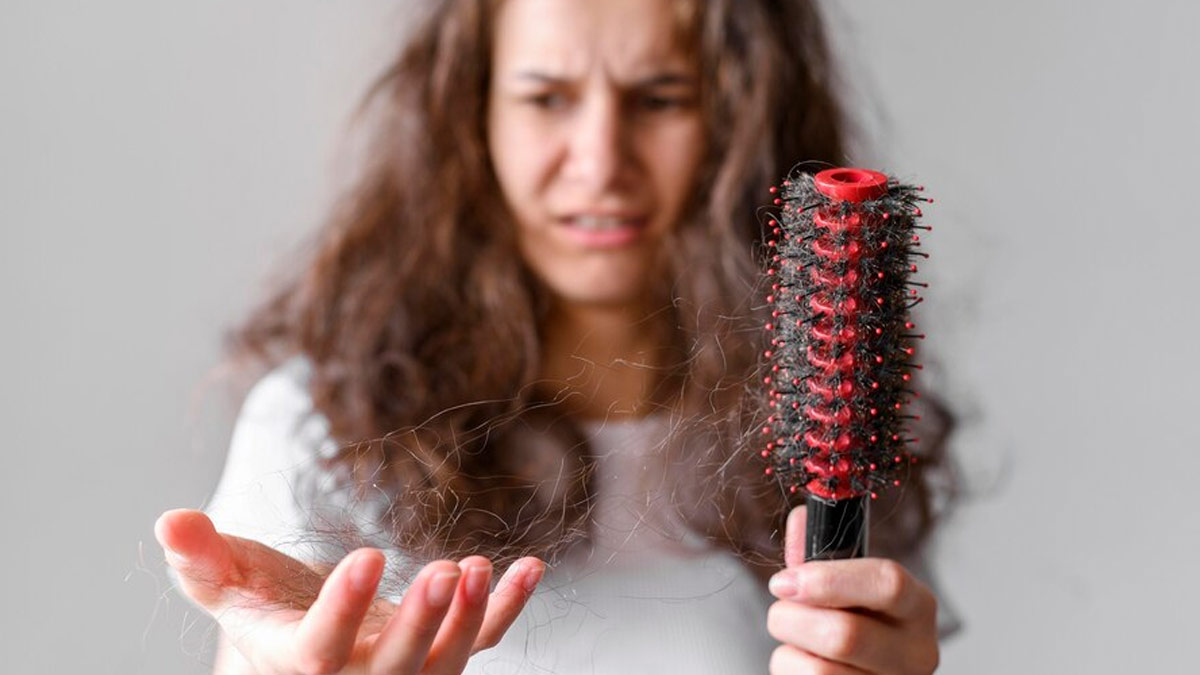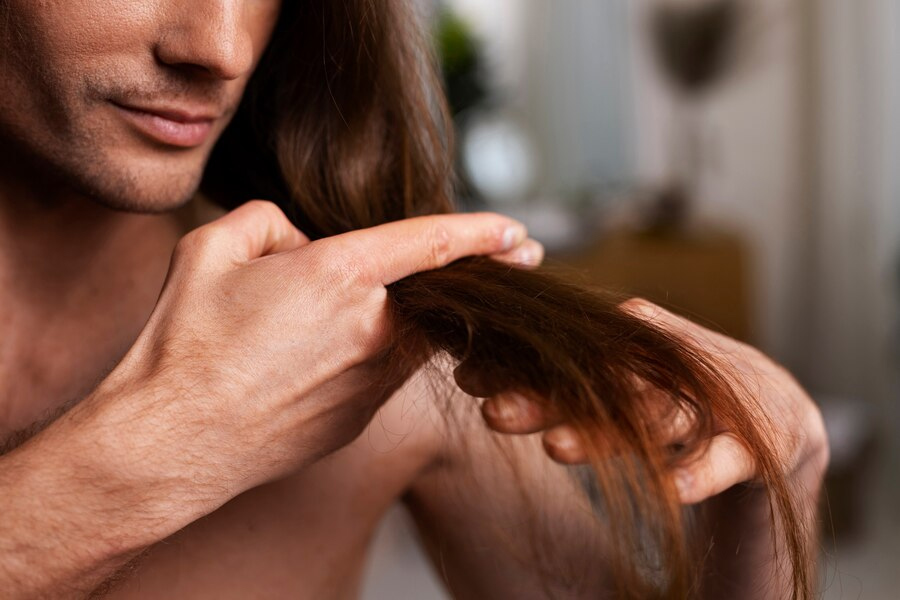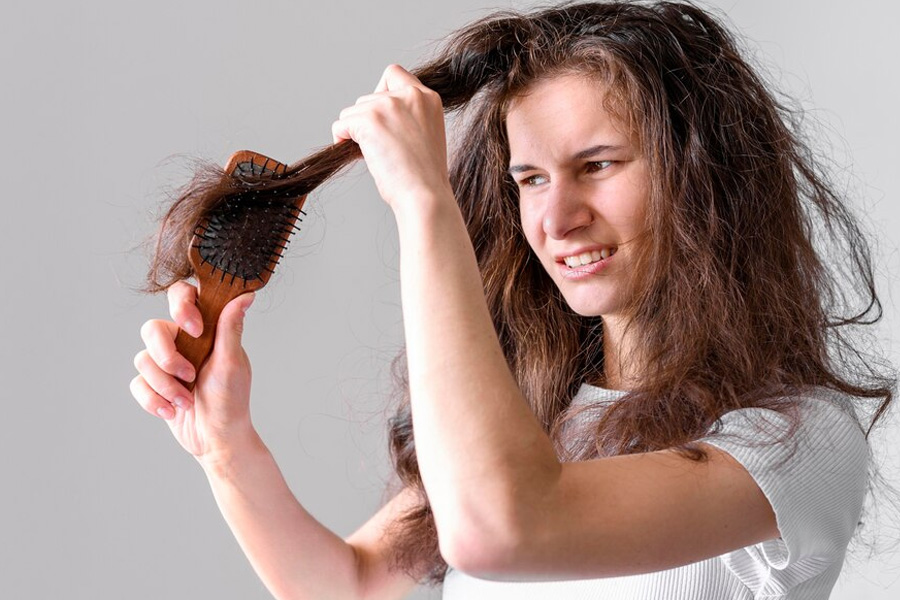
Hair fall can occur at any age and for various reasons. In general, hair breakage can be caused by stress and underlying medical conditions like alopecia areata, which is a condition that occurs when the immune system attacks hair follicles. Additionally, the monsoon season can also add to this burden, according to Dr Shireen Furtado, Senior Consultant - Medical and Cosmetic Dermatology, Aster CMI Hospital, Bengaluru, who says that factors such as humidity, fungal infections, and exposure to pollutants in rainwater can contribute to this issue.
So, let’s take a detailed look at the same.
Also Read: Ingredients That Prevent Hair Fall And Promote Hair Growth As Per A Dermatologist
Hair Breakage During Monsoon

As is known, humidity levels are extremely high during the monsoon. This prompts the hair to take in more moisture from the atmosphere, leading to swelling of the hair roots and an increased susceptibility to breakage and split ends, says Dr Furtado, adding that the surplus moisture weakens the hair roots, making the hair fall out more easily.
Additionally, exposure to rainwater, which often contains pollutants, dirt, and harmful chemicals, can affect your scalp and hair, leading to damage and breakage.
Monsoon also creates a favourable environment for fungi to thrive, which can lead to infections such as dandruff and ringworm, which can cause irritation, itching, and hair fall.
To combat this problem, utilising anti-humidity hair products and ensuring the hair remains as dry as feasible can be beneficial, Dr Furtado advises.
Also Read: Your Hair Loss May Be Due To Magnesium Deficiency: Here’s How To Handle It
How To Prevent Hair Fall and Breakage?

According to the doctor, by upholding good hair hygiene practices and adhering to a nutritious diet, you can successfully address hair fall issues and stimulate fresh hair growth.
"If hair loss continues or worsens after the season, seeking advice from a dermatologist is advisable to eliminate any potential underlying issues," she adds.
Moreover, you can keep your scalp healthy during the monsoon season by adhering to the following guidelines:
- Wash your hair frequently with a gentle shampoo to maintain scalp hygiene.
- Make sure your scalp is thoroughly dried to ward off fungal issues.
- Steer clear of heavy styling products that may block pores.
- If you detect dandruff or scalp infections, opt for antifungal shampoos.
- a balanced diet and stay hydrated to promote scalp wellness internally.
Conclusion
Hair damage and breakage are inevitable, especially during the monsoon season. The key is to continue following proper hair-care practices and to eat a nutritious diet. Avoid using chemical-rich products and styling tools that can further add to the burden. If your problems become uncontrollable, it is best to consult a dermatologist, who can determine a plan to improve your hair quality and scalp health.
Also watch this video
How we keep this article up to date:
We work with experts and keep a close eye on the latest in health and wellness. Whenever there is a new research or helpful information, we update our articles with accurate and useful advice.
Current Version